Scientists engineer safe, virus-resistant E coli for research
Drug Discovery World
MARCH 21, 2023
In a step forward for genetic engineering and synthetic biology, US researchers have modified E coli bacteria to be immune to infection by all natural viruses tested so far. The team used two safeguard methods to prevent the bacteria and their modified genes from escaping into the wild.

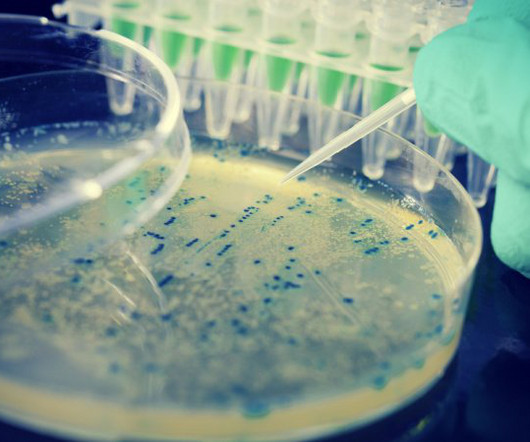
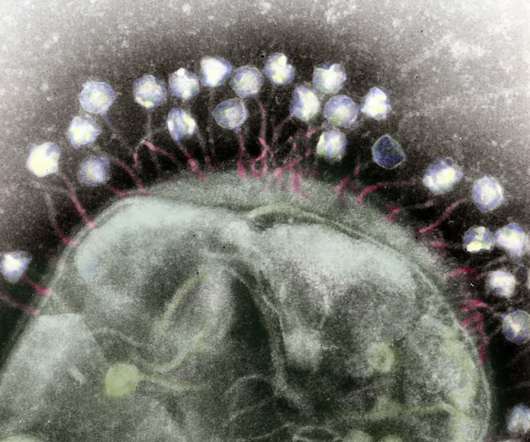
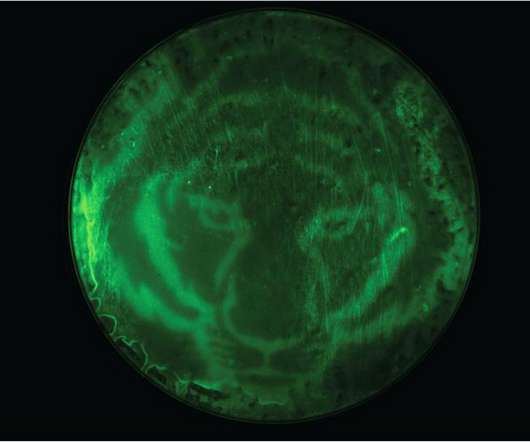
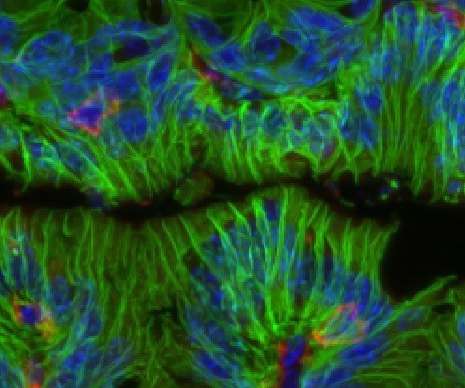
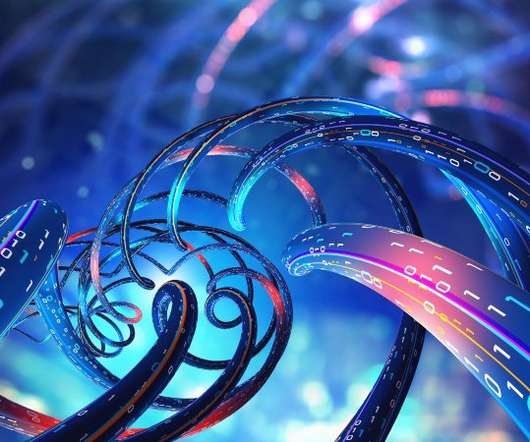
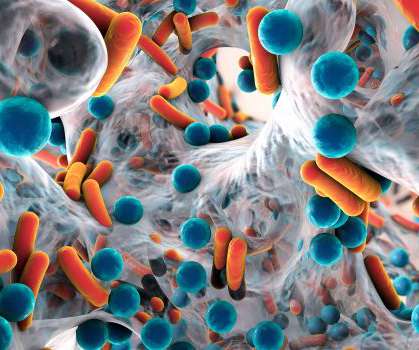
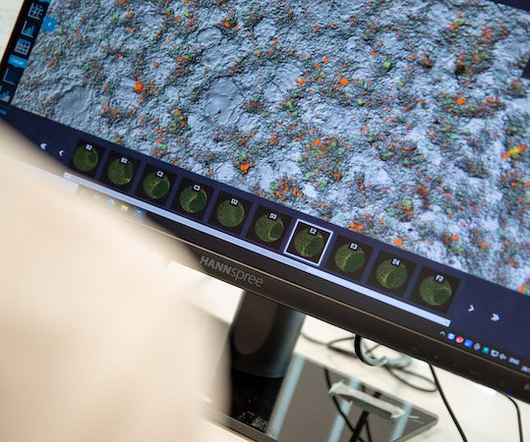







Let's personalize your content